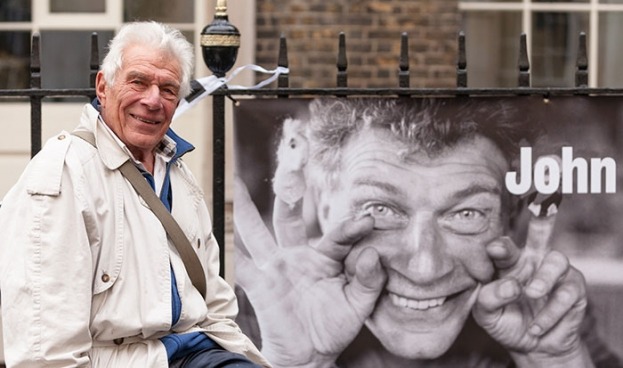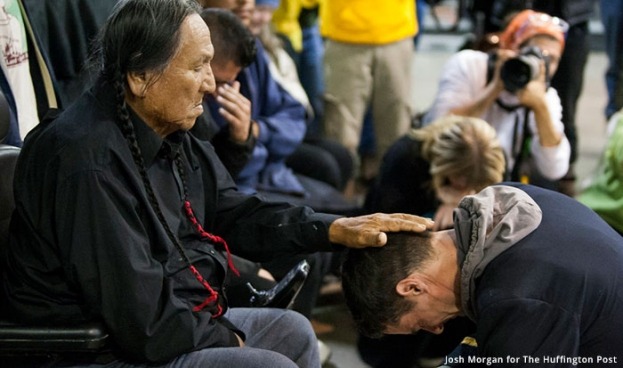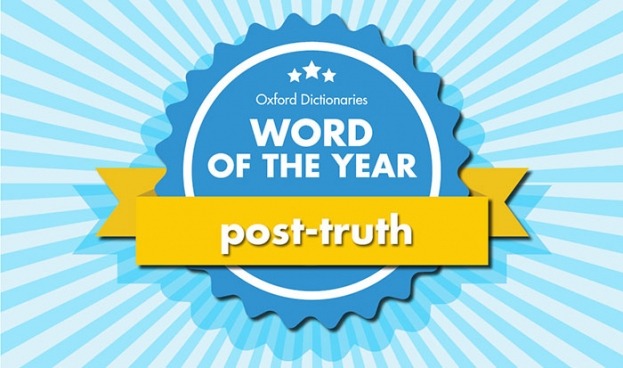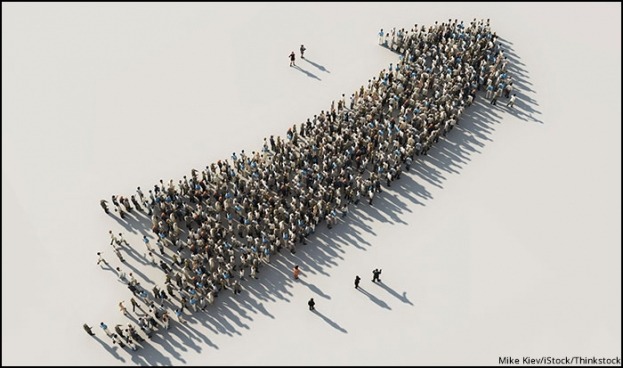Wendell Berry has been writing and living a life of limits, simplicity, and letting go for many years. For Ragan Sutterfield, Berry is a model of Christian renunciation. He quotes him in his American Catholic blog post "Learning to Live Poorer: A Meditation for Lent":
"We all live by robbing nature, but our standard of living demands that the robbery shall continue."
These words, Sutterfield adds, "ring in me like the words of John the Baptist: repent, for the kingdom of God has come near."
The 40 days of the penitential season of Lent are a good time to confess that because of our practice of conspicuous consumption, we "drive too much, buy too much, use too much." The drastic changes in weather signal that climate change is already with us; it "pits the excesses of human life against the whole of creation." The alternative, says Berry, is to "waste less, spend less, use less, want less, need less."
Sutterfield has posted this Berry quote on his refrigerator: "We must achieve the character and acquire the skills to live much poorer than we do." This transformation can come through establishing new habits that reverence the good earth and the objects which accompany us on our spiritual journey.

 Living Poorer
Living Poorer An Internet Sabbath
An Internet Sabbath John Berger, R.I.P.
John Berger, R.I.P. A Positive Look Ahead
A Positive Look Ahead On Reading
On Reading Seeking Forgiveness from Native Americans
Seeking Forgiveness from Native Americans Coexisting with Robots
Coexisting with Robots The International Word of the Year
The International Word of the Year The Reframing of Zeitgeist
The Reframing of Zeitgeist Bob Dylan Awarded the Nobel Prize in Literature
Bob Dylan Awarded the Nobel Prize in Literature